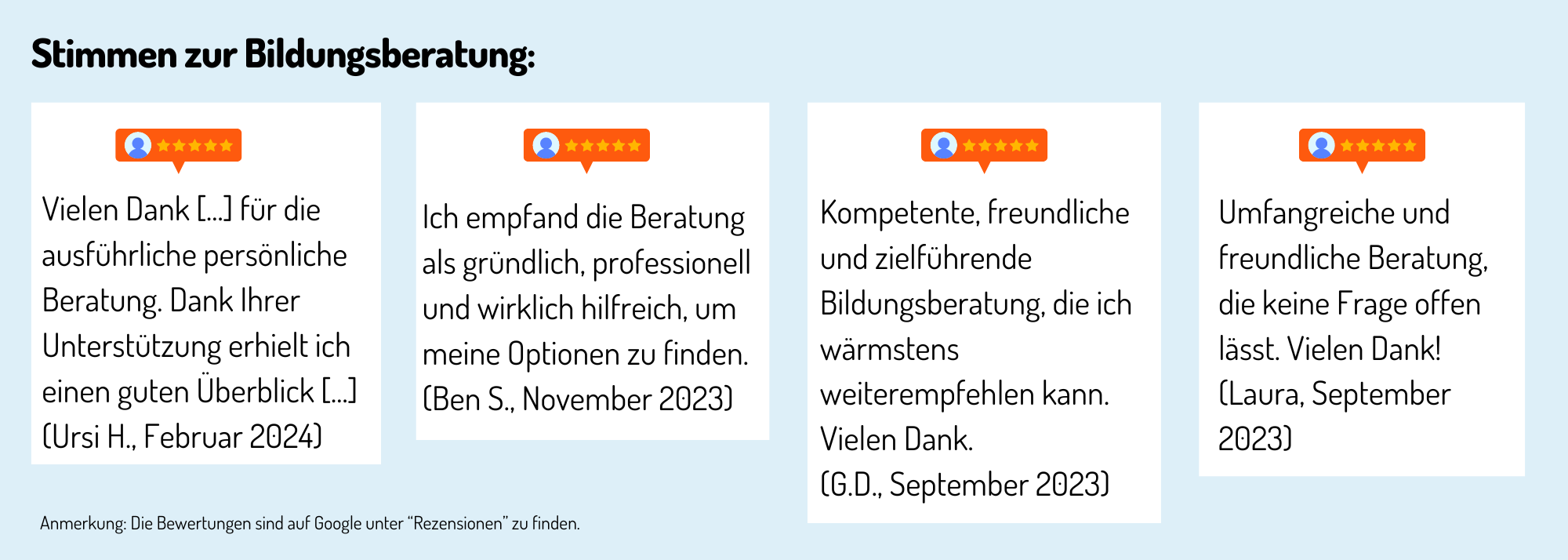Sign language interpreters: training, studies, overview of schools
Are you looking for sign language interpreter training? - Here you will find suitable schools as well as further information, tips and resources for further training.
Would you like personal advice? Contact the provider of your choice via the "Free information on the topic..." button - without obligation, quickly and easily.
Do you dream of a professional career as a sign language interpreter?
You can become a federally recognized sign language interpreter by successfully completing a Bachelor's degree. This prepares graduates thoroughly for their later extremely demanding work. This profession requires enormous concentration from professionals. Interpreters therefore rarely work for more than two hours at a time. The individual interpreting assignments require the interpreters to be thoroughly prepared for the subject matter. Each assignment is unique and requires a specialist vocabulary that sign language specialists should have a perfect command of.
Sign language interpreters see themselves as a bridge between hearing and deaf or hearing-impaired people. They make a significant contribution to the integration of this cultural community and avoid pre-programmed misunderstandings and communication problems between hearing and deaf or hearing-impaired people. Their field of application ranges from training and further education, medical examinations, court appointments and support in the workplace to parents' evenings, lectures, meetings and cultural events. The sign language interpreters translate from the spoken word into sign language or vice versa. They often also use other communication systems such as spoken sign language, Lormen or the visualization of spoken language.
For further information or to contact individual schools, visit the Swiss education portal Ausbildung-Weiterbildung.ch. The free and non-binding opportunity to contact individual schools directly online is unique and will help you enormously when choosing courses and educational institutions.
Questions and answers
Erfahrungen, Bewertungen und Meinungen zur Ausbildung / Weiterbildung
Haven't found the right training or further education yet? Benefit from educational advice now!
Further training is not only important in order to maintain or increase professional attractiveness, investing in training or further training is still the most efficient way to increase the chances of a pay rise.
The Swiss education system offers a wide range of individual training and further education opportunities - depending on your personal level of education, professional experience and educational goals.
Choosing the right educational offer is not easy for many prospective students.
Which training and further education is the right one for my path?
Our education advisory team will guide you through the "education jungle", providing specific input and relevant background information to help you choose the right offer.
Your advantages:
You will receive
- Suggestions for suitable courses, seminars or training programs based on the information you provide in the questionnaire
- An overview of the different levels and types of education
- Information about the Swiss education system
We offer our educational counseling in the following languages on request: French, Italian, English
Register now and concretize your training plans.




